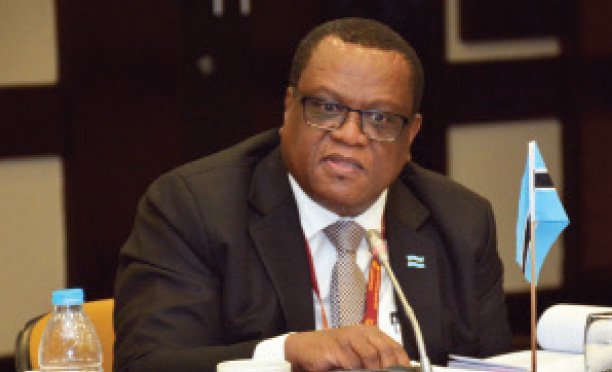Employee wins P480 244 in scarce skills payment arrears
The office of the Ombudsman has recorded 668 complaints from across the country in the period 2016/17, according to their latest annual report.
The Gaborone and Francistown offices recorded 339 and 329 respectively. Of the 339 in Gaborone, 234 were reported by males and 105 complaints were reported by females, while 226 cases recorded in Francistown were from males and 103 from females.
Of all the 668, a total of 116 cases were resolved in Gaborone and 112 in Francistown. South East district had the highest number of complaints with 283 registered and Chobe recorded the least cases with one case recorded in the period.
In one of the significant cases, the Office of the Ombudsman was instrumental in bringing a lasting resolution to a dispute involving an employee of the Ministry of Agricultural Development and Food Security who held a BSc (Hon) in Agricultural Technology and Management.
For years he had tried to reason with his employer that he is qualified for the scarce skills allowance, but was ignored. Eventually he wrote to the Permanent Secretary who after four months failed to acknowledge receipt of the complainant’s letter. He then approached the Ombudsman.
The Ombudsman established that indeed the Ministry had decided to ignore the complainant, which constituted an act of maladministration. The Ombudsman’s assessment was that the complainant qualified for the allowance because he held an equivalent qualification to those who earned the scarce skill allowance.Eventually the ministry accepted liability and paid the complainant all his scarce skills allowance arrears amounting to P480 244.
In the year under review, the Ombudsman was allocated a total of P24 432 580 and utilised P22 632 036 or 93 percent of the allocation.Some 62.7 percent of the total allocation went to personal emoluments, while the balance was for other expenses.
Ombudsman, Augustine Makgonatsotlhe says their vision is to have members of the pubic know about the office and understand its mandate. “That may not always be possible as we do not and cannot have an office in every village and town,” he said in the report.






